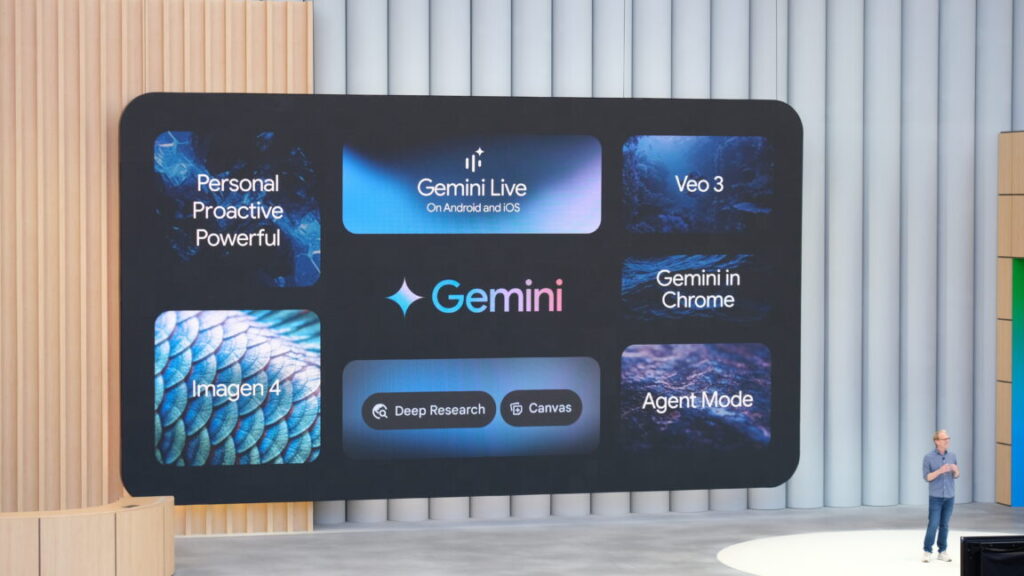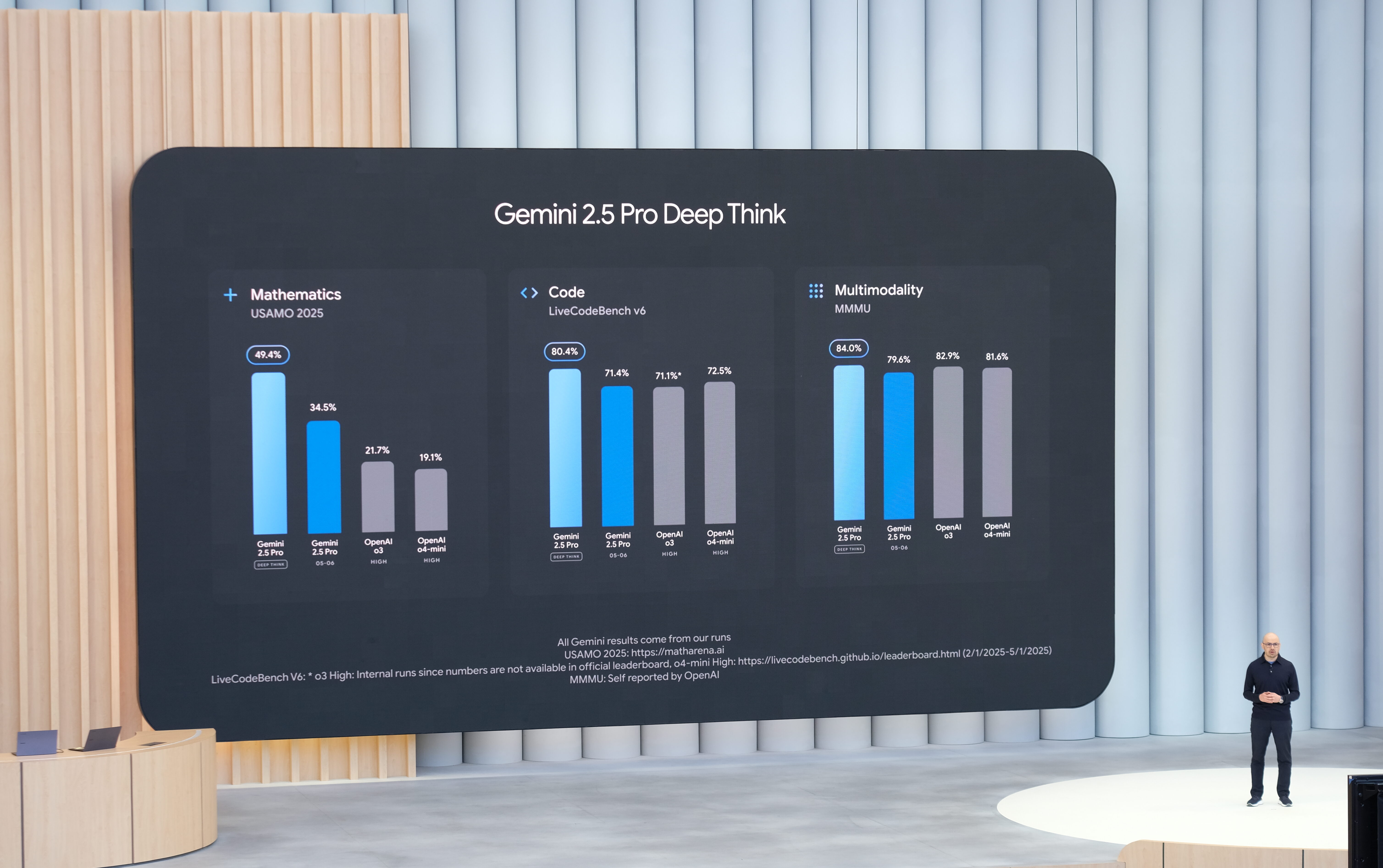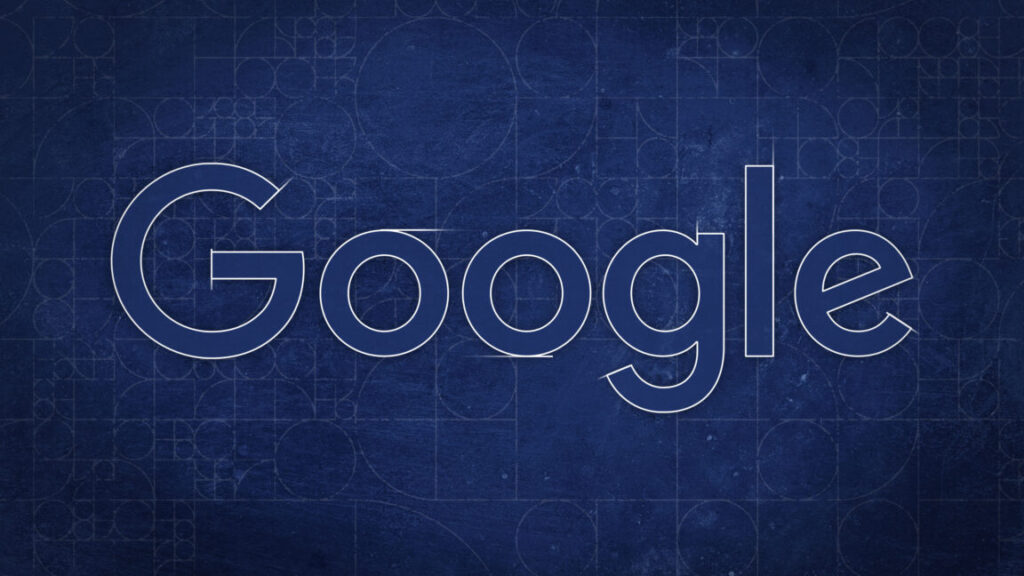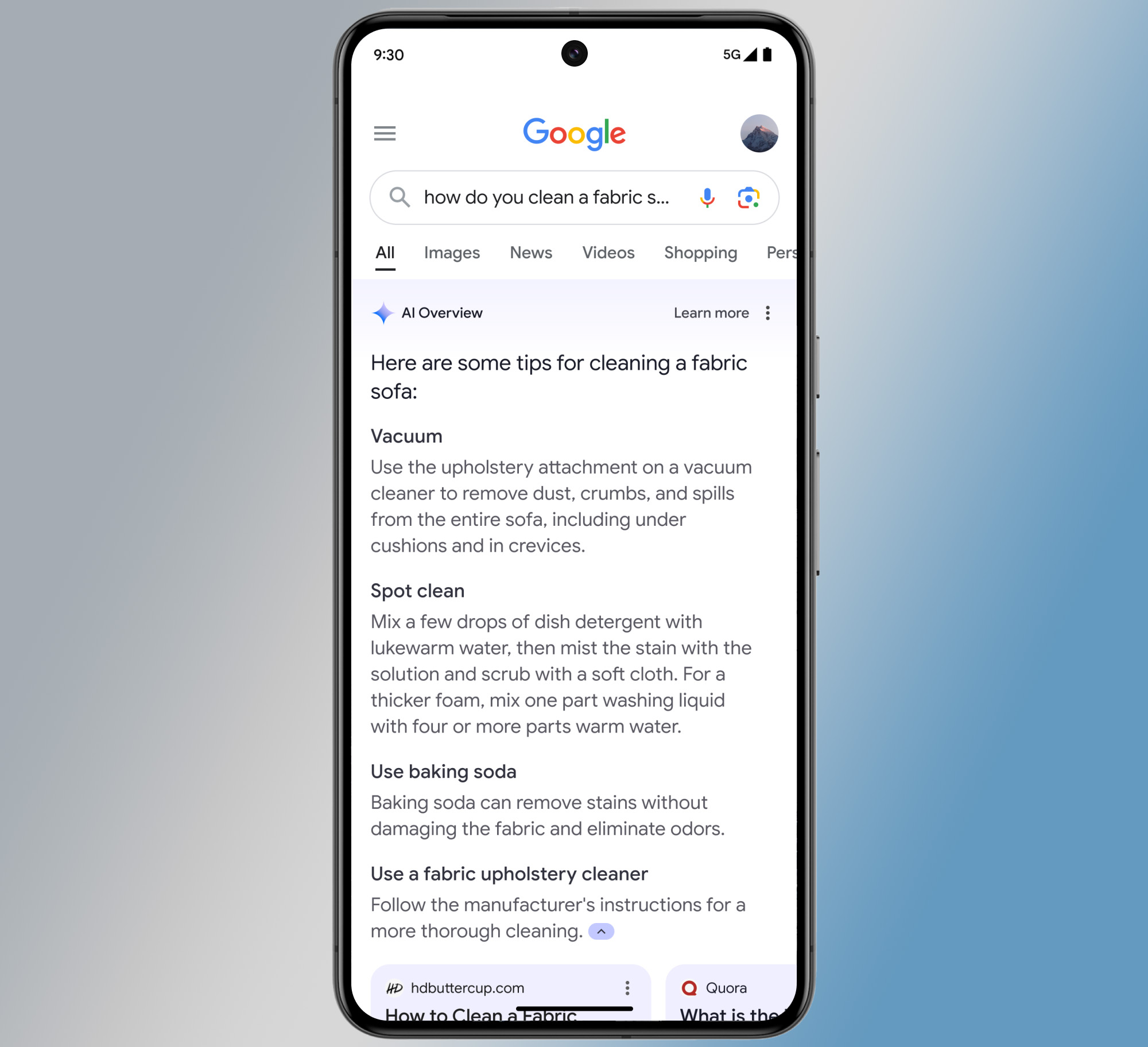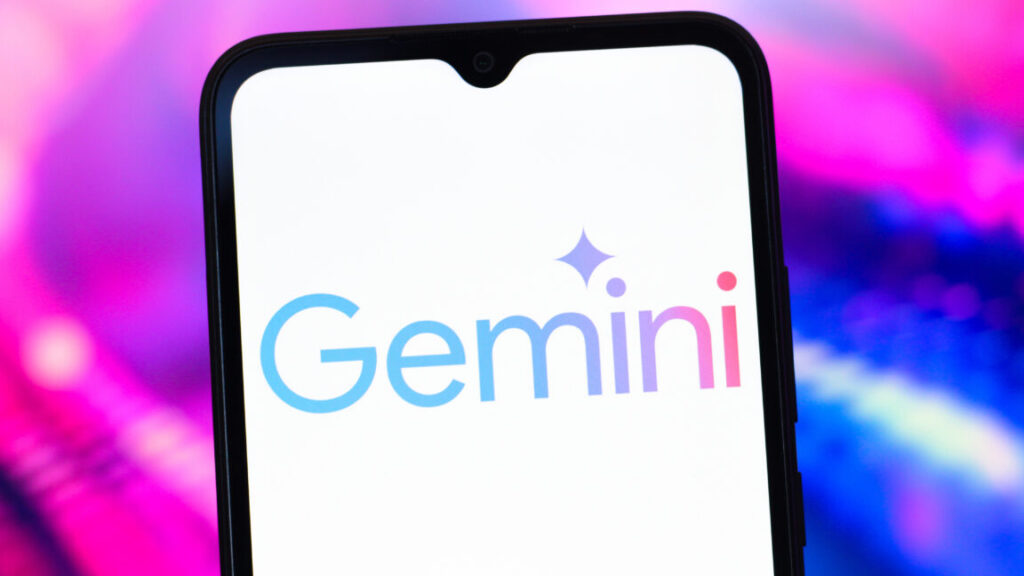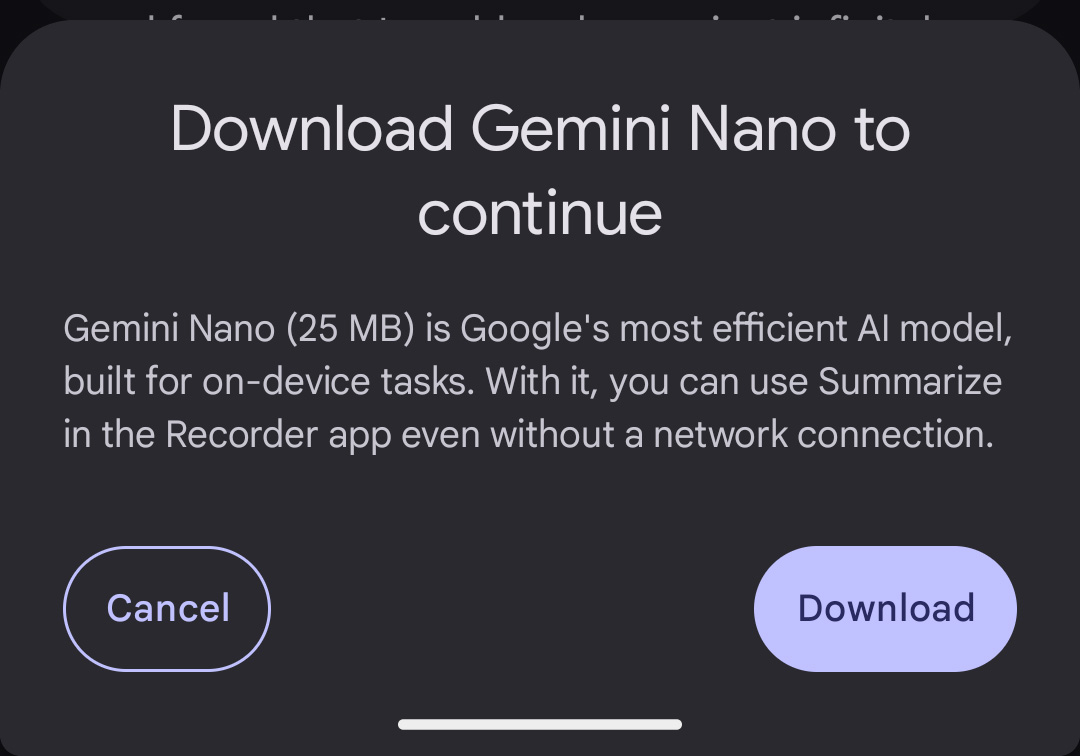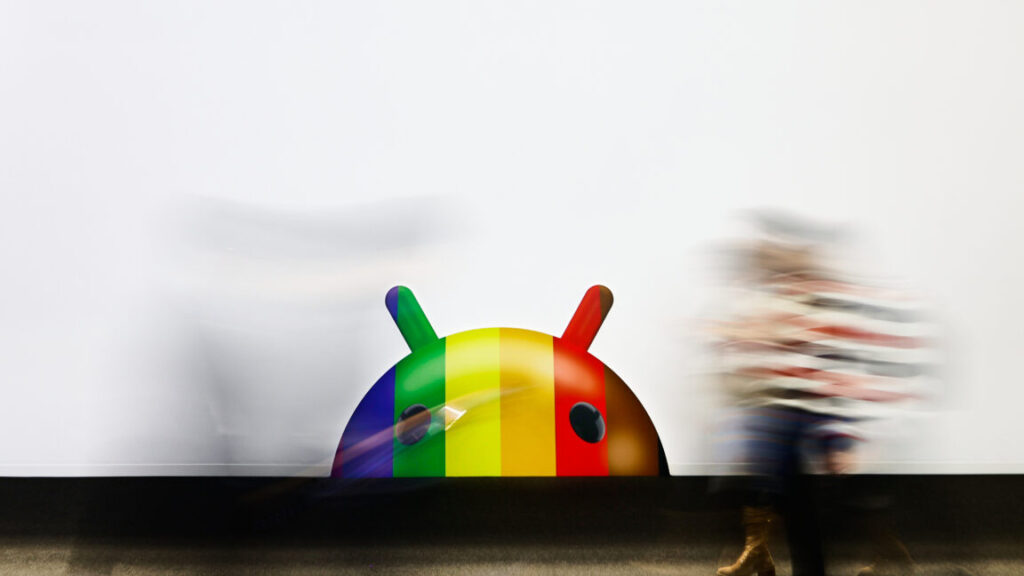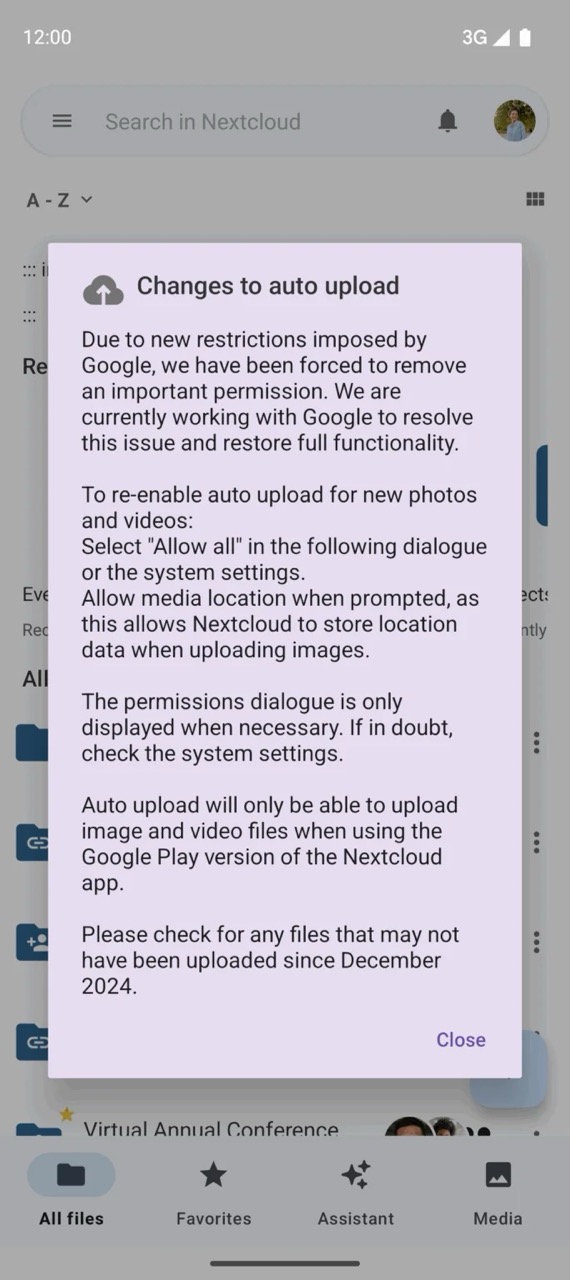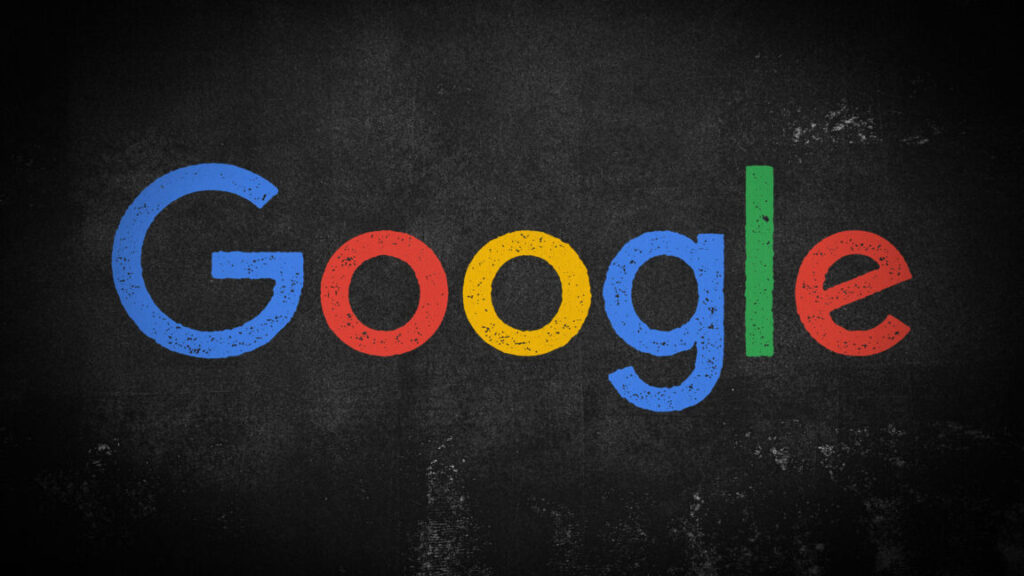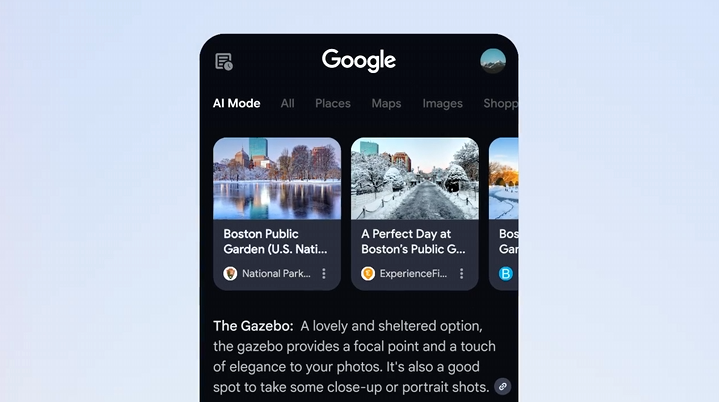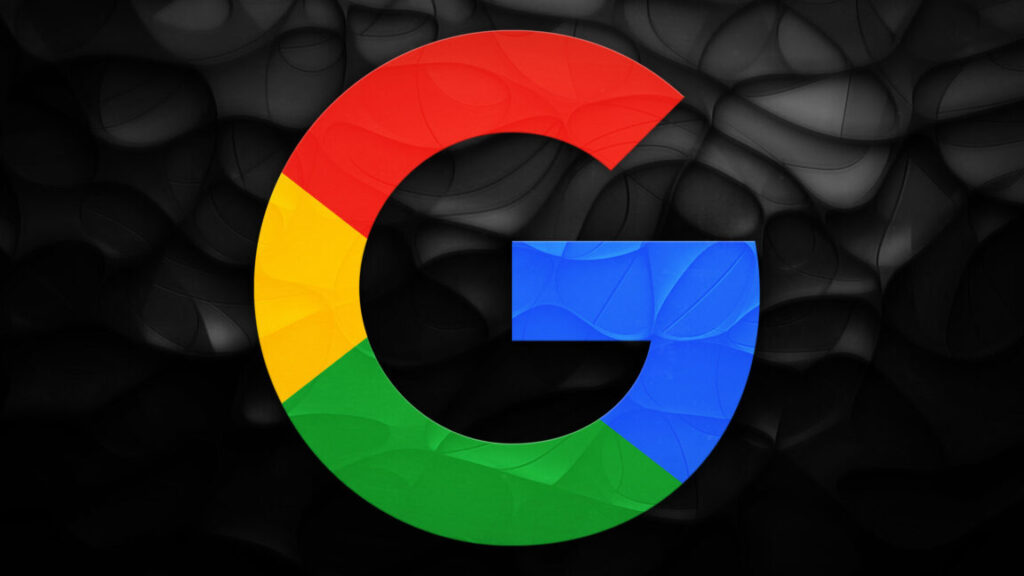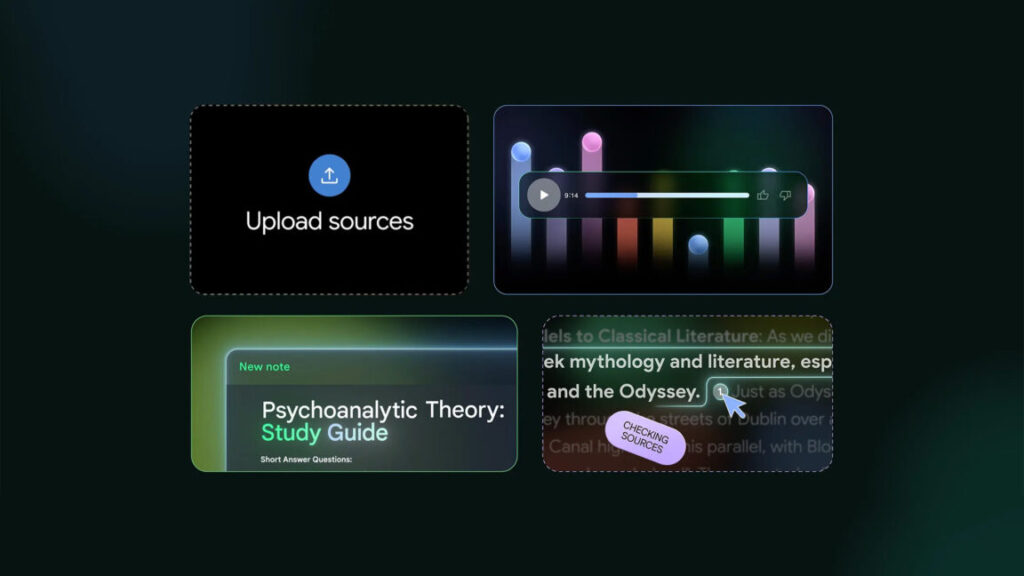Gemini 2.5 is leaving preview just in time for Google’s new $250 AI subscription
Deep Think is more capable of complex math and coding. Credit: Ryan Whitwam
Both 2.5 models have adjustable thinking budgets when used in Vertex AI and via the API, and now the models will also include summaries of the “thinking” process for each output. This makes a little progress toward making generative AI less overwhelmingly expensive to run. Gemini 2.5 Pro will also appear in some of Google’s dev products, including Gemini Code Assist.
Gemini Live, previously known as Project Astra, started to appear on mobile devices over the last few months. Initially, you needed to have a Gemini subscription or a Pixel phone to access Gemini Live, but now it’s coming to all Android and iOS devices immediately. Google demoed a future “agentic” capability in the Gemini app that can actually control your phone, search the web for files, open apps, and make calls. It’s perhaps a little aspirational, just like the Astra demo from last year. The version of Gemini Live we got wasn’t as good, but as a glimpse of the future, it was impressive.
There are also some developments in Chrome, and you guessed it, it’s getting Gemini. It’s not dissimilar from what you get in Edge with Copilot. There’s a little Gemini icon in the corner of the browser, which you can click to access Google’s chatbot. You can ask it about the pages you’re browsing, have it summarize those pages, and ask follow-up questions.
Google AI Ultra is ultra-expensive
Since launching Gemini, Google has only had a single $20 monthly plan for AI features. That plan granted you access to the Pro models and early versions of Google’s upcoming AI. At I/O, Google is catching up to AI firms like OpenAI, which have offered sky-high AI plans. Google’s new Google AI Ultra plan will cost $250 per month, more than the $200 plan for ChatGPT Pro.
Gemini 2.5 is leaving preview just in time for Google’s new $250 AI subscription Read More »
